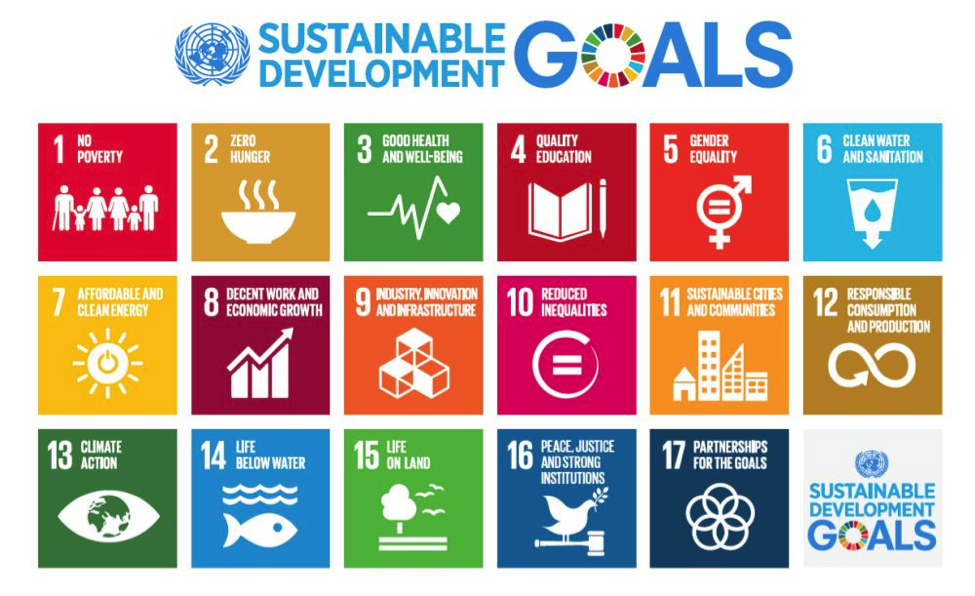Recent work by Pradhan et al. (2017) on the Sustainable Development Goal (SDG) interactions find that the 12th SDG (responsible consumption and production) is the goal most commonly associated with trade-offs with other goals. It means that the attainment of the whole seventeen goals of the SDG largely depends on the way people produce and consume their daily needs. They propose that in order to achieve the SDGs, we need to transform the production and consumption of goods and services into a more responsible and sustainable way.
The argument supports the enaction of an emerging concept called the circular economy. In its most simple interpretation, the circular economy is the extension of the reduce-reuse-recycle principle. The background of the concept is the list of environmental and social problems caused by unsustainable practices of business, among others are soil degradation, over-extraction of water, air and water pollution, increasing the cost of welfare, and growing private and public indebtedness. The figure below shows the potential consumption time bomb that ends with much greater waste in forms of energy waste, food waste, and single-use packaging.
Therefore, the circular economy aims to reduce waste, from the beginning of the production process, during the use of the goods, and at the end of its life-cycle. The circular economy relies on the production process and design as well as durable materials that can be reused for other purposes through as many cycles as possible. McKinsey identifies six approaches that translate the circular economy concept into business practices and list some of the examples for each approach, as shown in the figure below.
As one of the Principles of Responsible Management Education (PRME) signatories, SBM ITB wants to incorporate the idea of the circular economy into its curricula and academic activities. Besides introducing the students to the concept, the PRME team also discuss the ways to encourage students to explore business ideas that support this circular economy concept which have embed in the study programs. In the undergraduate program, for example, several courses that can be used to enforce the circular economy concept, namely “Introduction to Business”, “Business Ethics”, “Integrative Business Experience”, “Marketing”, “Environmental Management System”, “Corporate Social Responsibility”, “Social Entrepreneurship” and “Community Project”. The lecturers can include a point of sustainable business practice as an additional scoring component to evaluate the business projects done within the courses. Meanwhile, for the graduate programs, lecturers can use business case and articles to gain insights into the practice of circular economy being conducted by multi-national-companies which aim for a sustainable business. Research students are also encouraged to write and publish papers in the area of circular economy and sustainability. Therefore, SBM ITB commits to continuously nurture graduates to be leaders and entrepreneurs that are ethical and responsible. This aligns with the learning goals of each study program at SBM ITB..
If you have other sustainable development issues and PRME initiatives that can be implemented at SBM ITB please contact prme@sbm-itb.ac.id






